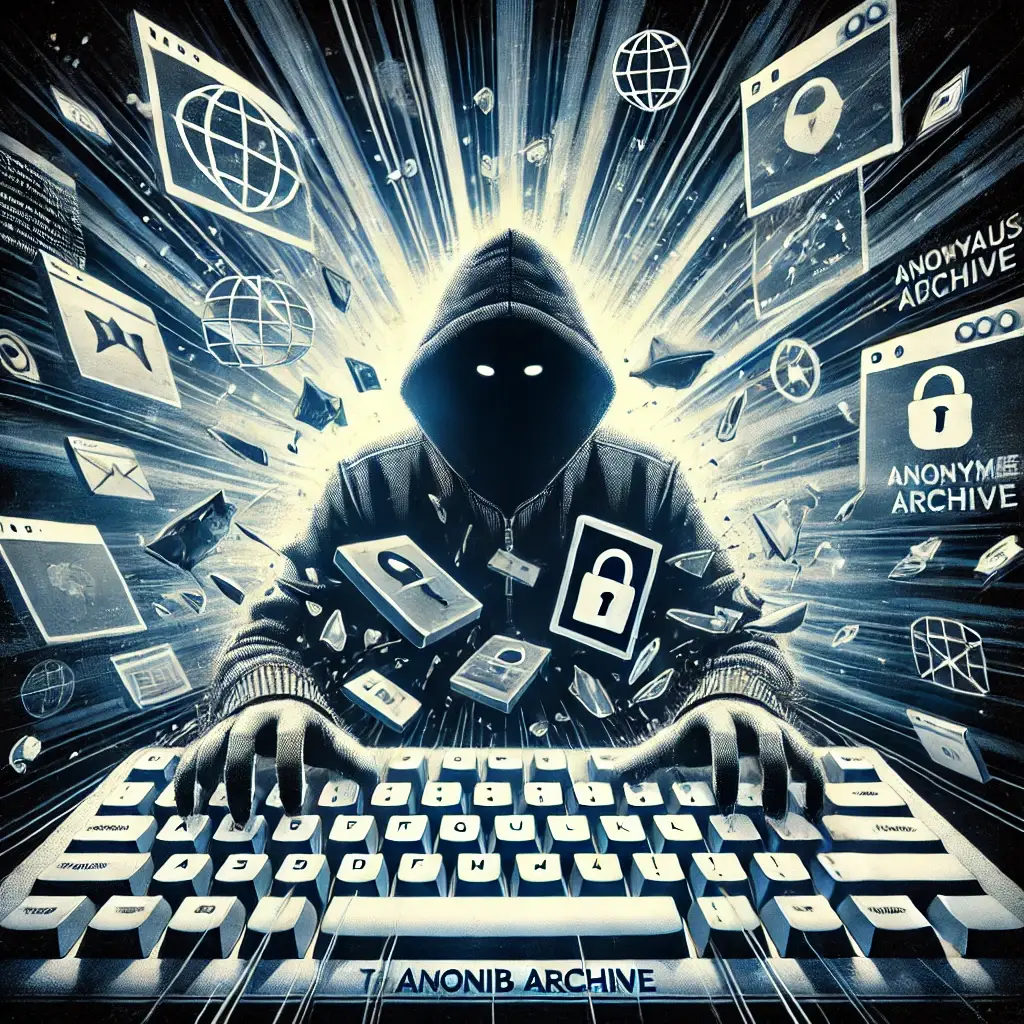The AnonIB Archive remains a sobering example of the darker corners of the internet. It highlights where technology intersects with ethical and legal violations. A famous store of unequivocal content, it has made a permanent imprint on discussions about the security of digital platforms. In this article, we evaluate the origins, influence, and continuous difficulties presented by the AnonIB Archive. It also revealing insight into the more extensive ramifications for web security and guidelines.
What is the AnonIB Archive?
It alludes to an assortment of pictures and posts obtained from AnonIB, a now-outdated imageboard scandalous for its express and non-consensual content. It allows users to upload and request private photos, often targeting specific individuals. While the platform claimed to have community guidelines prohibiting illegal activity, these rules were largely ignored, leading to the unchecked proliferation of unethical and, in many cases, illegal content.
Threads on AnonIB were often titled provocatively, with users explicitly requesting photos of ex-partners, classmates, or even strangers. Many of these images were obtained through hacking, cloud breaches, or coercion, making the platform a hub for exploitation. Despite its eventual shutdown, the archives of this content continue to circulate online, highlighting the persistent challenges of internet regulation.
The Infamy Surrounding AnonIB Archive
The AnonIB Archive acquired a reputation for its role in working with retribution and disregarding people’s protection. One of the most stunning disclosures attached to the document was the Marines Joined Outrage, where individuals from the U.S. military shared unequivocal pictures of female associates. This episode carried critical public and media thoughtfulness regarding AnonIB, highlighting the stage’s hurtful impact.
It also contributed to a culture of exploitation where anonymity emboldened users to act without accountability. This anonymity created an environment ripe for malicious activities, from sharing explicit photos without consent to encouraging others to do the same. Its existence highlighted the urgent need for stricter digital governance and greater emphasis on user responsibility in online spaces.
Law Enforcement’s Crackdown on AnonIB
In 2018, Dutch specialists managed a critical disaster for AnonIB by holding onto its servers and closing down the stage. This activity was commended as a triumph by associations like the Boss Armed Force, a gathering committed to battling non-consensual picture sharing and vengeance. The takedown demonstrated that legal systems could effectively dismantle platforms facilitating exploitation, but it also revealed the limitations of such efforts.
Despite the shutdown, the content from the AnonIB Archive continues to surface across less-regulated image boards and websites. The decentralised nature of the internet allows this material to persist as new platforms emerge in jurisdictions with lenient regulations. This highlights the ongoing struggle to eliminate harmful content entirely.
Broader Implications of AnonIB Archive
Its presence brings up basic issues about advanced security, assent, and the role of anonymity on the web. While anonymity can be a tool with the expectation of complimentary articulation, it can likewise safeguard culprits from responsibility. The file highlights the twofold edged nature of web namelessness and the dire requirement for arrangements that offset client security with assurance against abuse.
Moreover, the case of AnonIB emphasises the importance of digital literacy and security. Numerous victims of the document had their private photographs stolen through feeble passwords, unstable distributed storage, or social design assaults. Bringing issues to light about these weaknesses is a critical stage toward forestalling comparative double dealing from now on.

Advocacy and the Role of Awareness
In the wake of AnonIB’s downfall, advocacy groups and blogs like Mating Press have stepped forward to expose the ongoing dangers of platforms like AnonIB Archive. These associations centre around teaching the general population about advanced security, stressing the significance of safeguarding personal data, and reporting unlawful content. They likewise feature the human expense of such double dealing, sharing casualty stories to cultivate compassion and understanding.
Mating Press, in particular, has been vocal about the need for stricter legislation to regulate platforms hosting explicit content. Through inside and out articles and examination, they keep on causing to notice the more extensive cultural ramifications of the AnonIB Archive, encouraging state-run administrations and tech organisations to take more grounded positions against comparable stages.
The Ongoing Battle Against Exploitation
While the takedown of AnonIB was a step forward, the persistence of its archives serves as a reminder of the challenges in regulating digital spaces. As platforms adjust to dodge recognition, specialists should constantly develop their methodologies to battle unlawful content. In the interim, clients should find proactive ways to defend their advanced lives, like areas of strength for utilising, empowering two-factor validation, and being wary about sharing delicate data on the web.
For casualties of double-dealing, associations like Boss Armed Forces and assets like Mating Press offer help and promotion, guaranteeing that their voices are heard and their accounts are not neglected.
For more, read: MSM and B1 Mixer
Conclusion
The AnonIB Archive symbolises the darker side of the internet, where anonymity and unregulated platforms enable exploitation. Its history serves as a cautionary tale, emphasising the importance of digital security, ethical internet practices, and robust legal frameworks. While critical headway has been made in battling such platforms, the battle against abuse and protection infringement is nowhere near finished. Together, through instruction, support, and requirements, we can make progress toward a more secure and more responsible computerised world.
